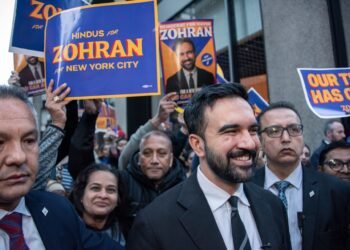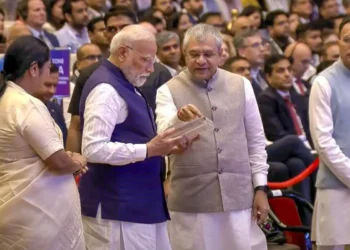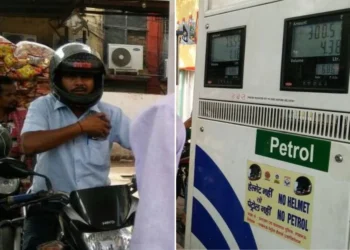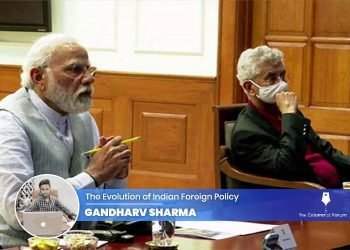The Russia-Ukraine war is all set to complete its one year on 24th Feb 2023. What was started as a ‘Special Military Operation’ by Putin’s Men has turned out to be a war between the mighty Russian Forces and NATO. With the ongoing war in Europe and with the outbreak of novel Coronavirus in 2020, the world order has drastically changed and India has a significant role to play in this era of multilateralism. India’s Foreign Policy has drastically evolved since Prime Minister Narendra Modi resumed power in his office at South Block, adjacent to the office of the Ministry of External Affairs. From Sushma Swaraj in 2014 to Dr. S. Jaishankar in 2019, the understaffed MEA has done a pretty good job in maintaining India’s position on a global stage.
The world today is more divided than ever before on a plethora of issues and India being a key player in the Global South has a lot to do with these issues. However, so far, India, under the decisive leadership of Prime Minister Narendra Modi, has been able to keep its interest first without paying any heed to the foreign policy orientations of the unfriendly nations. The well-thought-out balanced approach has helped India survive the heat of NATO and their western allies during the massive discounted Russian Oil purchase that India did and continues to do while the war is still ongoing. Yes, there has been an outcry by the western media and European Elite Class against India purchasing Russian Oil and not sanctioning Russia for War-crimes in Ukraine. Recently, there was a demand by a Senior Ukrainian Government Official asking the Biden-led administration to put secondary sanctions on Asian giants- India and China for their oil purchases.

In my opinion, the evolution of India’s foreign policy under Prime Minister Narendra Modi has been a significant shift from the traditional way of dealing with foreign nations. The government has been successful in keeping India’s national interest above everything else, even if it means treating unfriendly nations without paying any heed to their own policy orientations.
India has become more assertive in its foreign policy decisions, which is evident from its joining the Quad for Indo-Pacific with the US, Japan, and Australia. This move was to seek common prosperity and security and establish a common rules-based order for the region. Additionally, India has also joined another Quad for West Asia with the US, UAE, and Israel for economic prosperity.
The Modi government has made it clear that security and territorial integrity are their core principles, and they have a zero-tolerance policy towards terrorism. This was evident from the air strikes and surgical strikes in neighboring Pakistan, where the government protected India’s sovereignty. India has also set a narrative to be one of the friendliest countries globally by delivering numerous countries with Covid-19 Vaccines. Even during the Russia-Ukraine War, India successfully put its priority on top by maintaining a healthy relationship with Moscow and not irking the Western Nations. This balanced approach of India goes on to prove that the Modi government has its priority set and has the Nation and People’s Interest First.
With China threatening Taiwan and a new world order emerging as the war in Ukraine continues, it will be interesting to see how India positions itself as the next big Superpower. In conclusion, India’s foreign policy under Prime Minister Modi’s leadership has been bold, assertive, and successful in safeguarding the country’s interests.
**The Opinion expressed in this article is ofJournalist Gandharv Sharma andThe Columnist Forum does not take any responsibility for the Facts and Opinion expressed in the Article.











